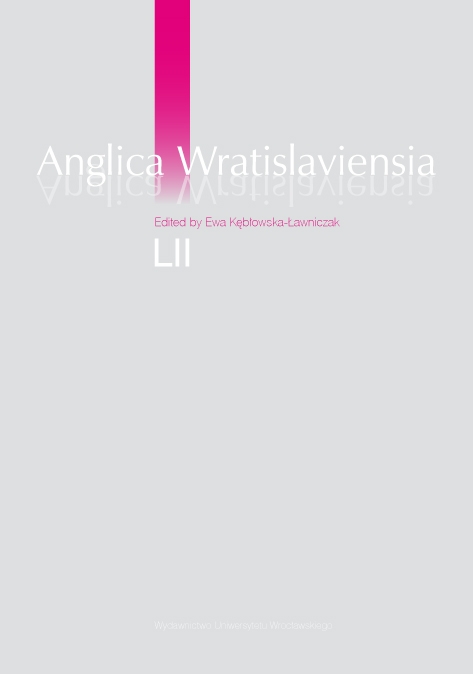

Second Language Acquisition

Reading comprehension in a foreign language appears to be a highly complex process for the majority of learners. This receptive skill requires taking risks and anticipating the meaning of unfamiliar words and grammatical structures. The fact of the matter is that a significant number of individuals have difficulty in tackling the number of confusing elements of language which appear in a written text. Tolerance of ambiguity is undoubtedly a cognitive and learning style which can either facilitate or disturb the reading process. Although ambiguity tolerance affects various aspects of human life, its role in foreign language learning seems to be indispensable. On the one hand, ambiguity tolerant students, who easily cope with new information found in a text, are bound to achieve success in reading. On the other hand, ambiguity intolerance is extremely helpful in paying attention to details and it makes individuals careful while answering different intricate questions included in a reading test Brown 1991. This study aims to check the relationship between the level of ambiguity tolerance and success in reading comprehension in a foreign language on the basis of the results of scientific research done by the author of the article. The first three sections present the theoretical issues concerning proficiency in reading and ambiguity tolerance. The fourth section constitutes a report on the investigation. In the last parts of the article conclusions are drawn from the study, as well as possibilities for further research are suggested.